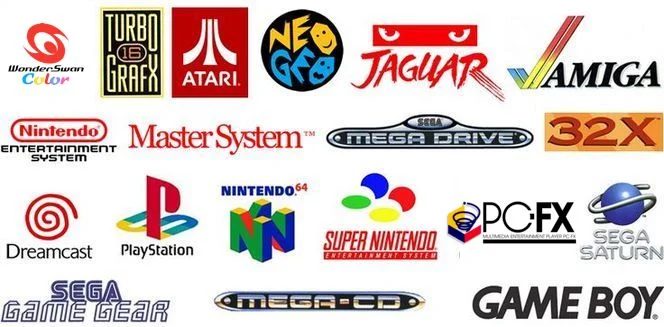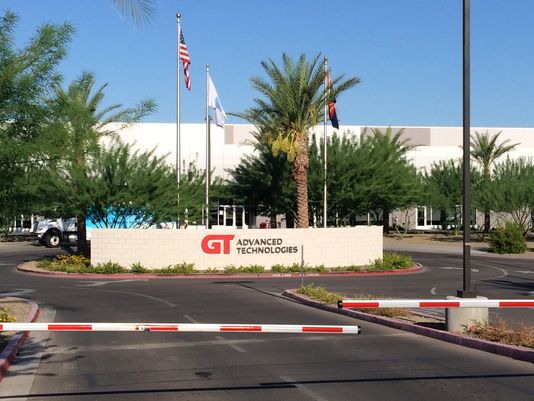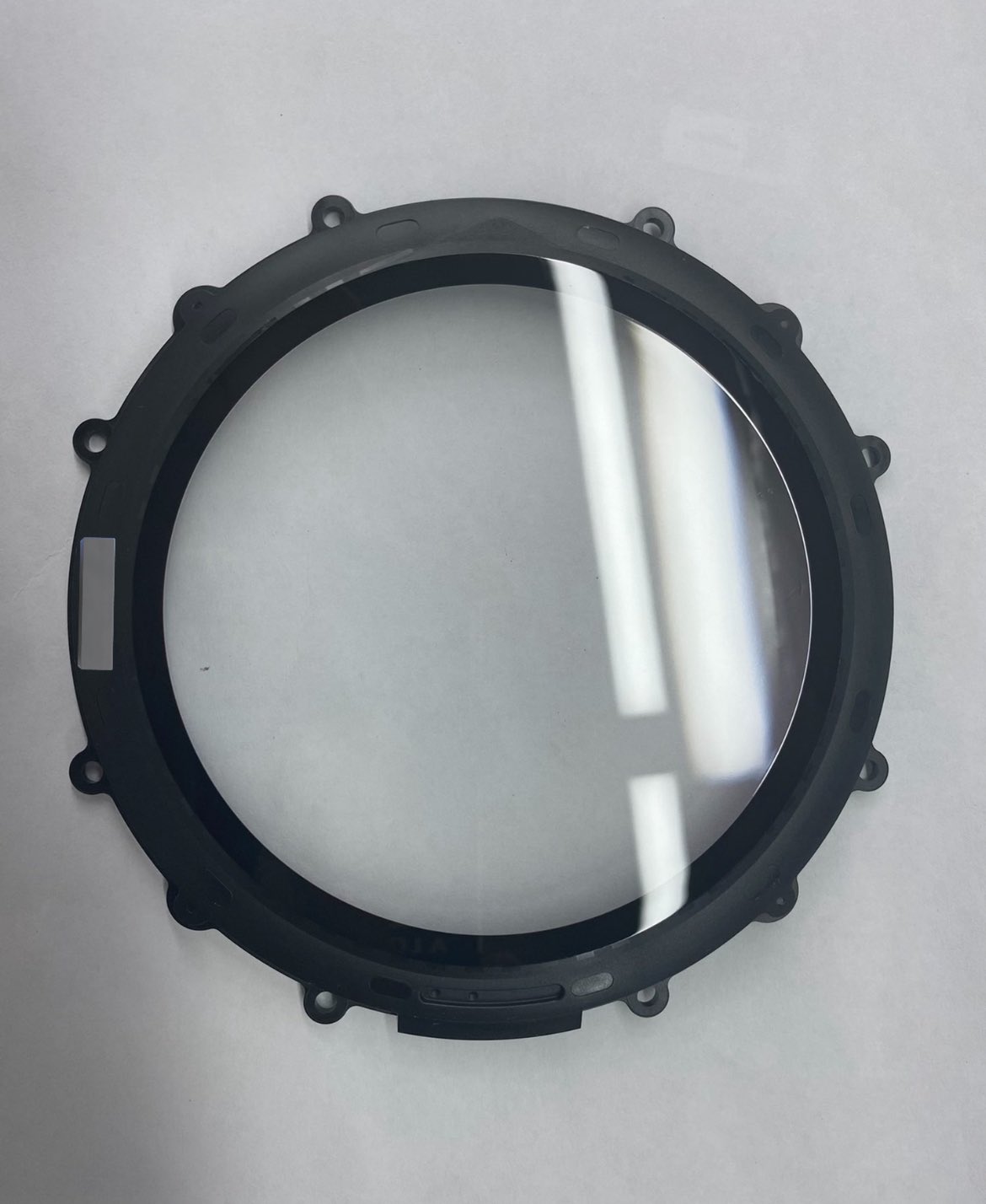
Here’s What Actually Went Wrong Between Apple and GT Advanced

Daniel Squiller, the COO of GT Advanced Technologies has just filed a revised declaration for public record, giving a more definitive account of where the deal between Apple and GT Advanced went wrong. According to Fortune’s Philip Elmer-DeWitt, Apple has been trying to suppress the story for last three weeks but now, it has finally been made public.
“The key to making the transaction profitable for both sides was the production of a sufficient number of 262kg boules of sapphire crystal meeting the specifications required by Apple. GTAT has sold over 500 sapphire furnaces to Asian customers that produce 115kg boules. Most sapphire manufacturers using non-GTAT furnaces produce boules of less than 100kg in size. Production of sapphire at 262kg would provide for scale, that if accomplished, would be profitable to both Apple and GTAT. Unfortunately, the production of 262kg boules of sapphire could not be accomplished within the time frames the parties had agreed, and was more expensive than anticipated. These problems and difficulties resulted in a liquidity crisis at GTAT, which led to the commencement of these chapter 11 cases.”
In his testimony, Mr. Squiller has basically explained how difficult it is for a small manufacturer to do business with a company as powerful and demanding as Apple. He details the contractual obligations that favoured Apple while putting GT at risk, as well as the things that went wrong on the ground over which GT had no control. Squiller lists around 20 examples of terms dictated by Apple that laid all the risk on GT.
Here are a few examples of the terms dictated by Apple:
- GTAT committed to supply millions of units of sapphire material. Apple, however, has no obligation to buy any of that sapphire material.
- GTAT must accept and fulfill any purchase order placed by Apple on the date selected by Apple. If there is any delay, GTAT must either use expedited shipping (at its own cost) or purchase substitute goods (at its own cost). Apple, however, has the right, without compensating GTAT, to cancel a purchase order in whole or in part at any time and reschedule a delivery date at any time.
- Apple selected the Mesa Facility and negotiated all power and construction contracts to design and build out the facility with third parties.
- GTAT did not select what tools to use and what fabrication processes to implement at the Mesa Facility. GTAT had no direct contact with suppliers of cutting and polishing equipment to specify and in some cases develop such tools.
- GTAT believes that it was unable to achieve its planned fabrication cost and production targets because many of the tools did not meet their performance and reliability specifications. Over time, a majority of the selected fabrication tools had to be replaced with alternative tools, resulting in additional capital investment and operating costs to GTAT.
It will be interesting to see how Apple responds to Squiller’s latest declaration.

